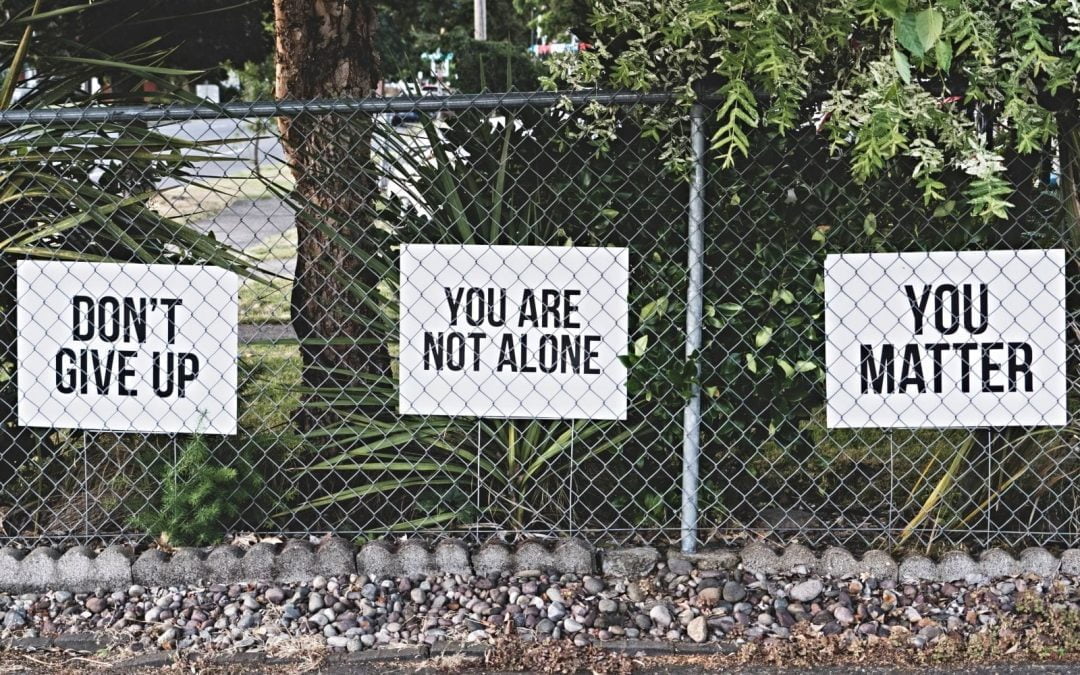The U.S. is facing a suicide epidemic, which often results in both individuals and institutions calling for more suicide awareness.
While there is certainly value to increasing awareness, there is an opportunity to make an even greater impact in the fight against suicide by shifting the call from awareness to alertness.
The concept of awareness has value in keeping the issue of suicide above the horizon (both in our collective consciousness and in the conversations private and public).
However, it is going to take more than simply awareness to identify and to connect individuals at risk for suicide to the help they require.
While it is critically important to use awareness to acquire the needed resources for research, prevention and treatment, it is also critical that communities be able to identify and connect to help those individuals around us each and every day who are at risk for suicide.
Research over the past decades in the United States and Canada has consistently found that the great majority of individuals who have died by suicide have in some way sought to communicate their need for help before their death.
Yet, for any number of reasons, those around them either missed, dismissed or avoided the invitations to help.
This does not mean those involved did not care or want to help. Most often, they simply were not equipped to be alert to the possibility of suicide.
If they are not alert that anyone can be at risk for suicide, it can be missed.
If they do not believe particular individuals could be at risk for suicide, they may not connect invitations to help with suicide.
If individuals do not believe they are able to help, they may avoid getting involved.
However, the good news is that most adults can be equipped to recognize a person with thoughts of suicide and connect them to resources that are able to provide them help.
One of the critical keys to moving the conversation from awareness to alertness is providing members of our communities with the skills and confidence that will make them alert for the possibility of suicide.
Christians should be the best candidates for becoming suicide alert, as we at our very core value human life.
Our savior calls us to love our neighbors, to care for those who are hurting and in need, and to provide for our neighbors’ spiritual and physical needs.
Being willing to be equipped, confident and able to recognize that a neighbor might be at risk of suicide and then to lovingly connect them with a helping resource that can meet them at their point of need seems to be a Christ-like characteristic.
Agencies and organizations in all our communities have seminars, courses and trainings, which can help the average adult learn to recognize the signs and invitations of a person at risk for suicide.
These educational events will also provide an understanding of the resources and agencies in the community that are able to provide real, effective help to a person at risk.
It is time for all Christian individuals and organizations to take the lead in changing the conversation in our society from suicide awareness to suicide alertness.
Bryan Crittendon is a seasoned minister with 29 years of experience and currently serves as a chaplain.

